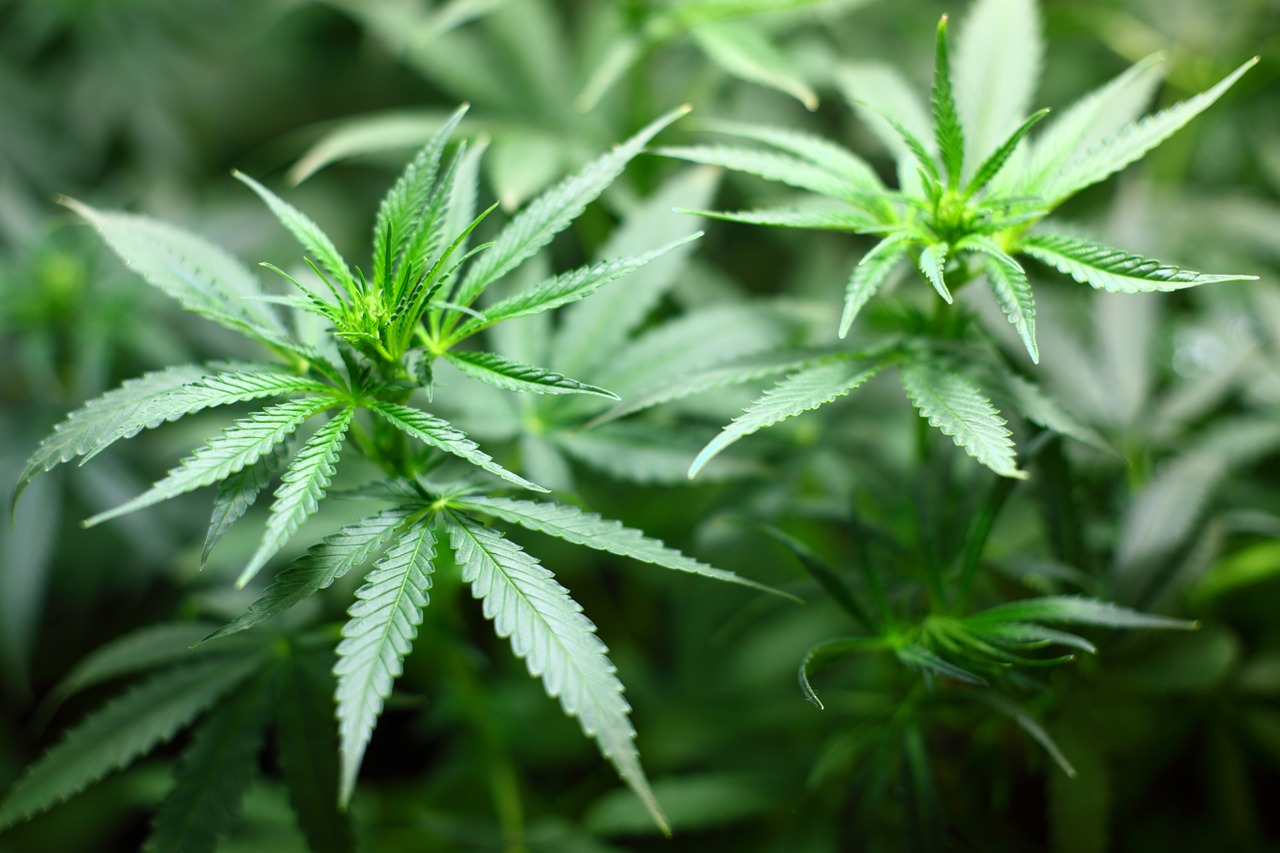 Cannabis industry leaders have announced certification standards to promote corporate responsibility. The move appears to be prompted by some embarrassing scandals in the young industry. Activists are meanwhile raising more far-reaching demands for drug war "reparations."
Cannabis industry leaders have announced certification standards to promote corporate responsibility. The move appears to be prompted by some embarrassing scandals in the young industry. Activists are meanwhile raising more far-reaching demands for drug war "reparations."

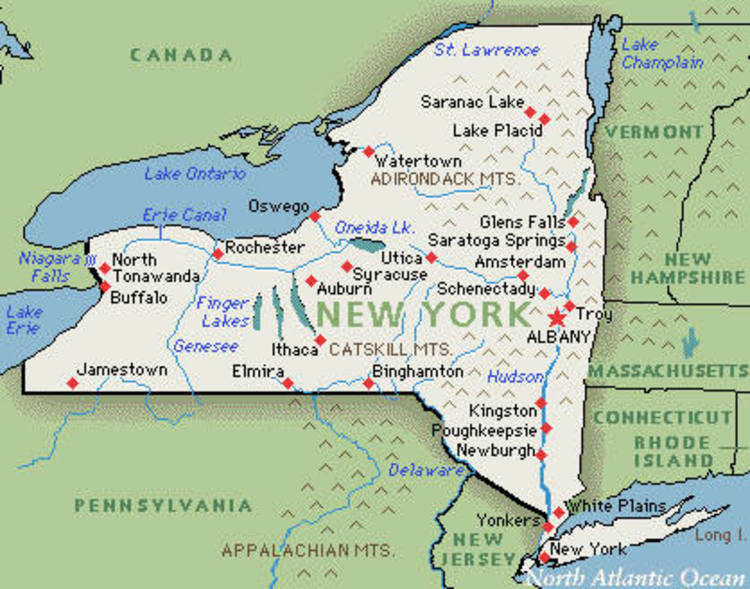 A long hoped-for cannabis legalization bill died in the New York state assembly, but reform advocates got a consolation prize as lawmakers agreed to widen decriminalization and expunge thousands of low-level marijuana convictions.
A long hoped-for cannabis legalization bill died in the New York state assembly, but reform advocates got a consolation prize as lawmakers agreed to widen decriminalization and expunge thousands of low-level marijuana convictions.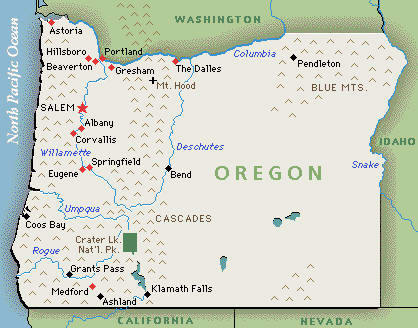 Inauguration of a global hemp research lab has been announced at Oregon State University, where a multidisciplinary team will be working to establish standards for the worldwide industry.
Inauguration of a global hemp research lab has been announced at Oregon State University, where a multidisciplinary team will be working to establish standards for the worldwide industry.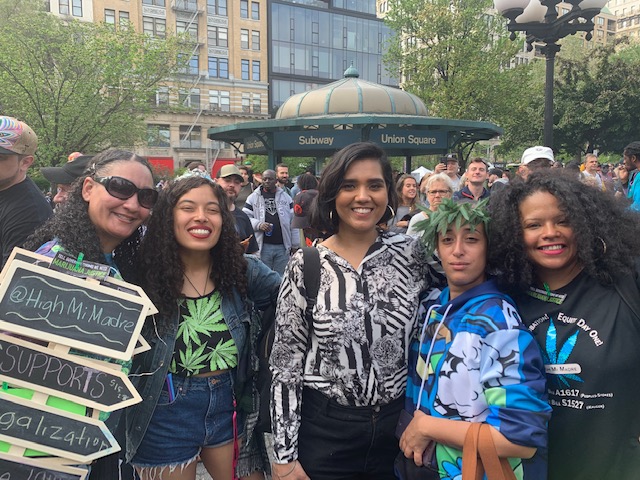 In
In 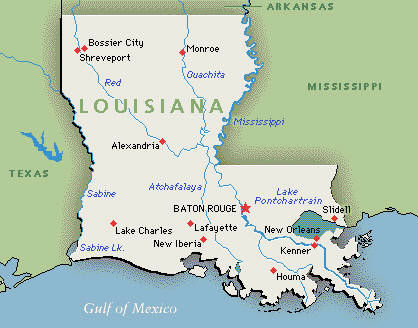 A Louisiana coroner declared a local woman's death to be the first on record attributed to a cannabis overdose, winning lurid national headlines. But medical experts and even federal officials as well as advocates are skeptical of the claim.
A Louisiana coroner declared a local woman's death to be the first on record attributed to a cannabis overdose, winning lurid national headlines. But medical experts and even federal officials as well as advocates are skeptical of the claim. Two years after legalizing, Nevada has become the first state to bar employers from discriminating against job applicants on the basis of a positive test for cannabis. Will other states follow the lead of the libertarian-spirited Silver State?
Two years after legalizing, Nevada has become the first state to bar employers from discriminating against job applicants on the basis of a positive test for cannabis. Will other states follow the lead of the libertarian-spirited Silver State? The Cannabis Cultural Association won at least a limited legal victory, with a federal appeals court ruling that the DEA must consider with "alacrity" their petition to have cannabis rescheduled.
The Cannabis Cultural Association won at least a limited legal victory, with a federal appeals court ruling that the DEA must consider with "alacrity" their petition to have cannabis rescheduled. Colorado has passed a law allowing Amsterdam-style public cannabis smoking in "Marijuana Hospitality Establishments," as well as a measure lowering the penalties for cannabis in quantities exceeding those permitted for the adult-use market.
Colorado has passed a law allowing Amsterdam-style public cannabis smoking in "Marijuana Hospitality Establishments," as well as a measure lowering the penalties for cannabis in quantities exceeding those permitted for the adult-use market.





Recent comments
3 weeks 2 days ago
7 weeks 22 hours ago
11 weeks 1 day ago
11 weeks 6 days ago
21 weeks 6 days ago
25 weeks 6 days ago
27 weeks 8 hours ago
27 weeks 11 hours ago
48 weeks 23 hours ago
1 year 23 hours ago